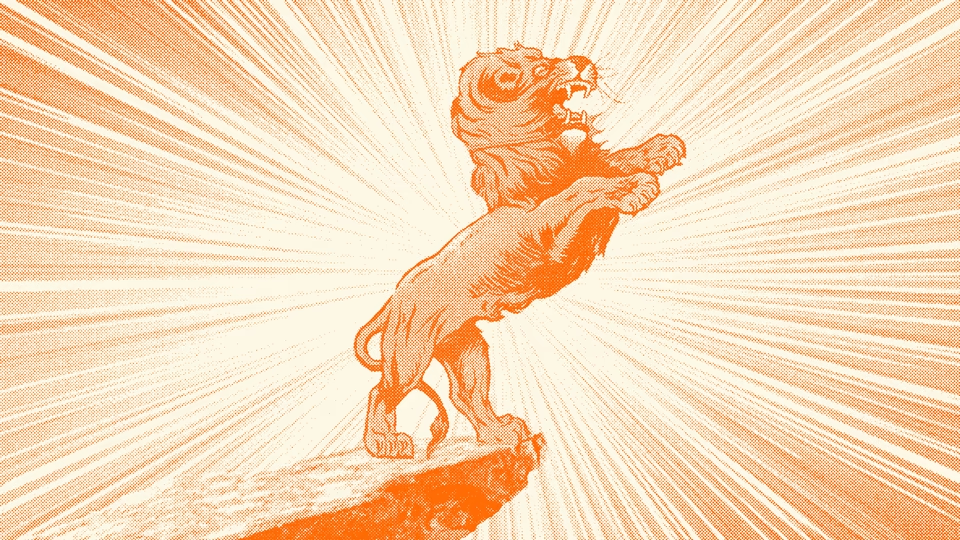Zafar Iqbal
Monarchy, a political system where a single individual holds the ultimate authority or rule, is a testament to adaptability. This system, typically seen in states where a monarch, an individual ruler who is the head of state, rules with supreme authority, usually based on heredity, has shown remarkable resilience. In most monarchies, only male succession is allowed, typically from father to son. Monarchies consist of interconnected institutions, including government and state administration, as well as a court and various ceremonies that are essential for the social life of the dynasty members, their associates, and the elite. In addition to political and administrative functions, monarchy encompasses a “court society,” comprising groups of nobility connected to the ruling dynasty through personal bonds, all of which are demonstrated in symbolic and ceremonial protocols. The rise of monarchy is influenced by historical, social, and geopolitical changes and processes, leading to the emergence of the monarchy as a form of governance. Monarchs are often revered as sacred rulers, with some being considered divine or being appointed by religious figures. Monarchies have demonstrated adaptability to different social structures and persistent cultural and geopolitical conditions, evolving from small city-states to vast empires.
During the Middle Ages, European monarchies underwent significant evolution and transformation. Early medieval monarchs were not just rulers, but also viewed as the protectors of their people, instilling a sense of security. The Gregorian Reform and the associated Investiture Controversy challenged the claims of theocratic kingship, leading monarchs to seek justification for their rule from Roman law. Throughout the Middle Ages, monarchs ascended to power through various means such as conquest, acclamation, election, or inheritance. The development of territorial monarchies shaped the concept of the modern nation-state by the end of the Middle Ages. In other regions like the Islamic world, Japan, and China, different forms of monarchy evolved, each with its distinct characteristics and power structures.
Pl watch the video and subscribe to the YouTube channel of republicpolicy.com
The Renaissance and early modern period introduced a new type of monarchy in Europe. Monarchs of this era initiated voyages of discovery, developed new forms of trade, built mass armies, and established large government bureaucracies. Monarchs such as Charles V, Francis I, and Elizabeth I unified their realms and bolstered their administrative systems. However, absolute monarchy, exemplified by rulers like Louis XIV, was often not as absolute in practice, as monarchs relied on chosen administrators and were subject to checks by institutions or factions of the nobility. The future of absolute monarchies was challenged by religious conflicts, social unrest, class conflict, and economic problems such as inflation. The authority of monarchs was further eroded by the spread of secularism and the emergence of new ideas about individual and national rights.
Monarchies faced opposition movements, leading to the downfall of monarchies in France, Russia, and China, as well as the collapse of the Austrian, German, and Ottoman monarchies after World War I. The downfall of these monarchies was often a result of a combination of factors, including social unrest, economic instability, and the rise of competing ideologies such as nationalism and Marxism. It became apparent that monarchies could only survive if they had substantial nationalist-popular support.
The concept of monarchy has undergone significant evolution in the modern era, especially with the emergence of nationalist monarchies pioneered by Napoleon Bonaparte. Napoleon’s nationalist monarchy, based on the ideals of the French Revolution, was a significant evolution that aimed to align with society’s nationalist aspirations. This model of monarchy spread to other parts of the world in the 19th and early 20th centuries, with new monarchs ascending to power in various regions. However, the influence of these nationalist monarchs was limited, and they faced opposition from anticolonial, nationalist, and Marxist movements, ultimately leading to their overthrow.
Alongside these nationalist monarchies, another type of monarchy emerged in Europe— the constitutional monarchies. In these countries, such as the United Kingdom, Belgium, the Netherlands, Norway, Sweden, and Denmark, the monarch gradually transferred authority to elected politicians and assumed a ceremonial role, while actual political power rested with the people. This form of monarchy is often seen as a compromise between the traditional monarchical system and the democratic principles of governance.
In the 21st century, traditional monarchies became predominantly concentrated in the Arab world, with examples including oil-rich states like Kuwait, Saudi Arabia, Bahrain, Qatar, the United Arab Emirates, Oman, Jordan, and Morocco. These monarchies demonstrated longevity and stability, partly due to factors such as oil wealth, military support from Western countries, and deep-rooted cultural and political frameworks that upheld the significance of hereditary rulers.
The Persian Gulf states, in particular, maintained stability by integrating themselves into tribal structures, with power dispersed among the ruling family rather than concentrated in a single individual. The ruling families maintained their positions through managing dissent, addressing grievances, and using coercive power when necessary. In Morocco and Jordan, the monarchy’s longevity was attributed to factors such as the religious importance of the king in Morocco and the political acumen of the ruling family in Jordan.
Overall, the concept of monarchy in the modern era encompasses diverse models, ranging from nationalist monarchies to constitutional monarchies and traditional monarchies, each adapting to historical, social, and geopolitical changes in their respective regions.
















